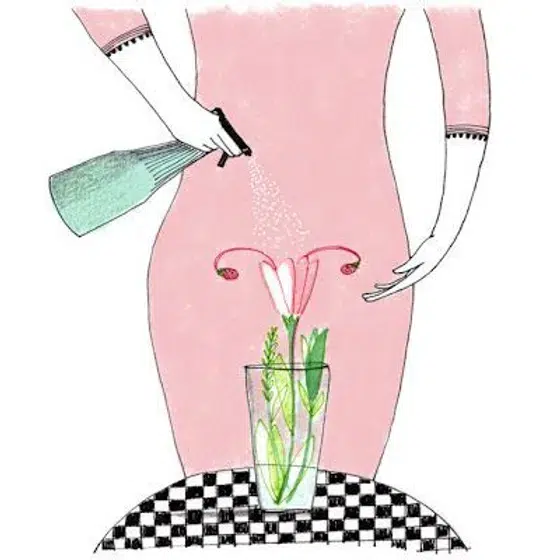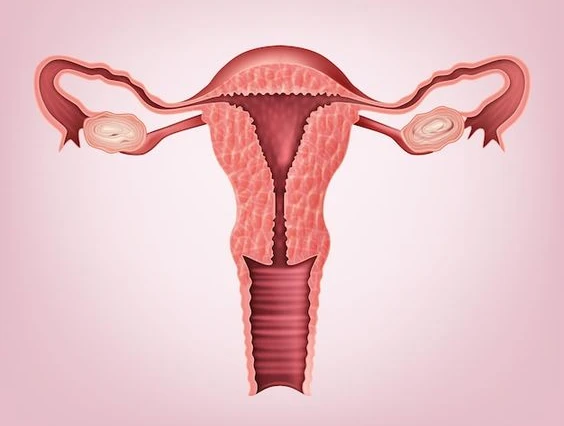In recent years, we have been hearing (especially women) more and more about the syndrome called polycystic ovaries. It is not for nothing that 10-20 percent of women of childbearing age worldwide suffer from this phenomenon. It is the most common endocrine phenomenon in women.
And in the last decade, there has been a 65 percent increase in women diagnosed with the syndromes – what is it that almost all “diseases” are constantly on the rise?
Polycystic ovaries are a condition of multiple follicles in the ovary, which gives them a polycystic appearance. Side effects will usually come with obesity, acne, ovulation problems and excess male sex hormones that lead to an excess rate and difficulty getting pregnant.
According to Western medicine, it is considered a disease, but in the eyes of Eastern medicine, it is more like irritable bowel syndrome.
In other words, when a specialist does not know what is happening exactly, he creates a prognosis. Western medicine is based mainly on the male body, so doctors, especially male doctors, do not have enough knowledge of the female reproductive system.
Little Simon explains this in detail in a women’s health course, so you must have also heard that it is not clear why it develops and that there is no solution.
The only thing offered to women with the syndrome is birth control pills.
But why do so many women develop the syndrome?
So beyond the fact that we all live industrialized, stressed lives and eat processed foods – which create some kind of disease in all of us.
According to a study published in 2018, there is a direct link between insulin resistance and diabetes and polycystic ovaries, or in other words, a sugar-based diet.

Insulin resistance is the inability to absorb and store sugar (glucose) properly, so insulin and blood glucose levels rise. Insulin is a critical hormone for the female reproductive system during childbearing years.
When we live with so much glucose in the blood, all metabolic functions in the body are compromised.
And in women, this has a significant impact on menstruation and everything related to the menstrual cycle.
In the last hundred years, we have consumed so many foods that are empty carbohydrates that quickly break down in the blood into sugar, including white flour and various types of sugar, in almost every food we consume, and this creates ongoing inflammation that leads to polycystic ovaries and new diseases all the time. We harm ourselves, but we have normalized their consumption to the point that most women do not even consider giving them up.
We have convinced ourselves that sugar is just calories, but sugar is responsible for most of the health damage we have become accustomed to and we do not make the connection. And few would recommend or consider giving up sugar completely for the benefit of their health.

Much of my content focuses specifically on women.
The day before the above article was published in the newsletter, I received a message from a woman wondering if I didn’t think it was strange or arrogant that, as a man, I was creating content for women’s health?
She mentioned gynecologists who thought that because they knew everything about medicine, they also knew everything about the female body.
I am a health researcher and know how to make knowledge accessible that unfortunately neither women nor men make accessible enough. And because so many women have sent me messages in recent years with questions about pills, polycystic ovaries, endometriosis, menstrual pain, missed periods, nutrition for women, being sick and having recurring illnesses, I decided to initiate and create the most meaningful content I could create.
I created a course on women’s health with three women who specialize in women’s health – and therefore I know things that unfortunately many women don’t know. So far, the course has made a difference in the lives of women who take it.
So is it strange for me?
That I help women because I chose to explore and do things that a lot of women can and don’t do. I’m proud of that.
Isn’t it strange that instead of consuming content with curiosity and appreciation, some women will look for what’s wrong with a man who wants to help another person? (In my opinion, this is not a gender issue at all)
































